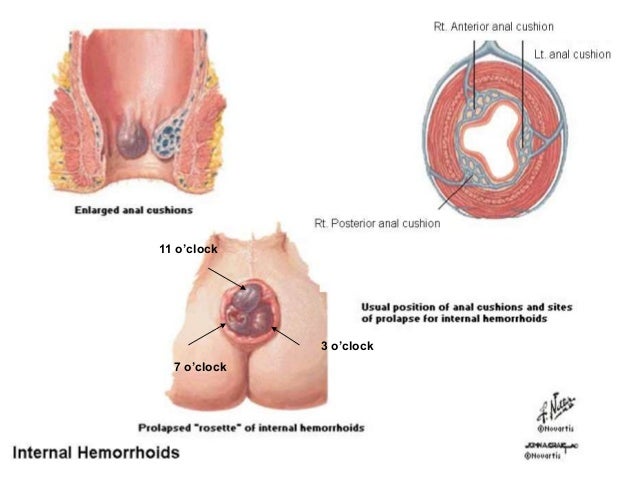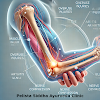Piles, also known as hemorrhoids, are a common health condition that affects the rectum and anus. It occurs when the veins in the lower rectum or anus become swollen and inflamed, causing pain, itching, and bleeding. Piles can be caused by a variety of factors, including constipation, diarrhea, pregnancy, obesity, and prolonged sitting or standing. To prevent and manage piles, it is important to maintain a healthy lifestyle, which includes eating a balanced diet, drinking plenty of water, exercising regularly, and avoiding prolonged sitting or standing. Treatment options for piles range from over-the-counter creams and ointments to surgical procedures, depending on the severity of the condition. However, a healthy lifestyle and early intervention are key to preventing and managing piles and promoting overall health and wellness.
You May Read this Article : Anal cushions - Health and Wellness
Piles or hemorrhoid is a lump or bulge in your anal canal,
forms by varicosity of blood vessels (veins) of the rectum. Sometimes it arises from outside around the anus called external piles. Start in young, middle-age groups.
There are three main branches of rectal veins, imagine your
cross-section of the rectum as a wall clock, the three main branches of rectal
veins situated in the 3o clock, 7o clock, and 11o clock position. These three
branches further divide small veins. Mostly hemorrhoids arise from the main
branches, some time they form from small branches also.
Reasons for the varicosity of rectal veins
1.
Inadequate fiber diet
·
Fibers form the bulk of the stool, if you eat
fewer fibers, there is not forms the proper amount of fecal matter, that’s why there
is not forms continuity in your bowel. So you have to strain while pass stool.
·
Over straining is affecting your rectum.
2.
Inadequate quantity of diet
·
If you eat a small amount of food daily, there is
no chance to form adequate bulk. So again you have to strain for pass stool.
3.
Inadequate water intake
·
Your body needs an adequate amount of water daily,
if you don’t drink it what happens? The main water absorption area is your large
bowel, after storage of fecal matter in your rectum, more water absorb from it.
So the stool becomes harder. So again you have to strain for pass stool.
4.
Fault bowel habit
·
When you feel to defecate, you have to do it. If
you postpone it next time you go for the toilet the mechanism of defecation is not
work properly. So you have to strain. Another thing is if you postpone stooling
also become harder because of water absorption.
5.
Less physical activity
·
Physical activities like exercise, games, gym
make your body fit. And also maintain good bowel movement, that’s why your whole
bowel is clear properly.
6.
Sedentary work
·
If you are in a working group and a sedentary
worker, you spent more time on your chair. It increases in heat in your anus and
rectum. So your stool becomes harder.
7.
Familial
·
Some hemorrhoid cases have a family history that
means their siblings or other blood relations have the same problems. Compare with
others in such cases they have very thin vein walls, so little strain can cause
hemorrhoid.
Above the reasons, the rectal veins become dilated and
varicose. It forms bulging in rectal mucosa into the rectum. It sometimes ruptures
and bleeds when you defecate, sometimes come out from anus go back spontaneously
after passed stool, sometimes you have to push back, sometime you can’t push it
back.
According to the features, modern medicine classified the internal piles into four degrees.
1st degree –
there is little or a little bit more fresh blood before or while or after
passing stool but there is no bulging out of your anus.
2nd degree –
there is a bulging coming out while passing stool and spontaneously goes up
after defecation. It may with or without bleeding.
3rd degree –
it is the severe form of piles, called external piles. There is a bulging
coming out, but it does not go spontaneously, you have to push back into your
anus.
4th degree - it is more severe, the bulging
never go back when you pushing too. The bulging is squished between your anal
sphincters. So cause severe pain. It needs emergency surgical reduction.





0 Comments